Hope Reflected | Lessons from the honey bee
Written by H, Posted in Christian Living, Published Work
Lessons we can learn from the honey bee
Birds, bats, wind, and even water can act as pollinators, but perhaps the most interesting of all the pollinators is the honey bee. Such an intricate creation, the honey bee is small but mighty. The honey bee plays a very important role here on earth!
We can draw many parallels between honey bees and Christians. The honey bee spreads seeds; so do Christians. The honey bee has a mission; so do Christians. The honey bee doesn’t always see the results of what it sows; neither do Christians. Sometimes, only the Lord sees the harvest. We may never know the results of our labours. But does that mean that we should stop working for Him? No!
“As the rain and the snow come down from heaven, and do not return to it without watering the earth and making it bud and flourish, so that it yields seed for the sower and bread for the eater, so is my word that goes out from my mouth: It will not return to me empty, but will accomplish what I desire and achieve the purpose for which I sent it.” (Isaiah 55:10-11)
Your words may be awkward. Your prayers may be meager. Your testimony may not be the most dramatic or exciting. No matter who you are, and no matter where you are, God can use you. In fact, sometimes it’s the most ordinary of people that God uses to do the most extraordinary things for His glory!
The honey bee isn’t concerned about whether it’s the strongest flyer, or whether it pollinates the most plants; no, the honey bee concentrates on the job at hand and remains focused. That’s how we need to be in our Christian walk. Keeping our focus always on the Lord.
There are other lessons we can learn from the small but mighty honey bee:
Learn how to adapt. “Do not be conformed to this world, but be transformed by the renewal of your mind, that by testing you may discern what is the will of God, what is good and acceptable and perfect.” (Romans 12:2) Just as the honey bee knows how to adapt – honey bees can go for years without hunting by living on their food reserves – we as Christians also need to learn how to adapt to what’s going on in the world around us. Read: I’m not saying we conform to this world, but rather that we “See to it that no one takes you captive by philosophy and empty deceit, according to human tradition, according to the elemental spirits of the world, and not according to Christ.” (Colossians 2:8) Christians need to learn how to adapt and survive in a world where Christians are being held more and more accountable for what we believe.
Learn how to help others. “As iron sharpens iron, so a friend sharpens a friend.” (Proverbs 27:17) Honey bees are social creatures. They don’t work alone. They help each other. What have you done to help another soul recently? Perhaps you’re working anonymously in the background, giving to causes that assist those in need. Maybe you dedicate your spare hours to volunteering. You could even be serving by encouraging the people in your community. As Christians, we are called to “Bear one another’s burdens, and so fulfill the law of Christ.” (Galatians 6:2)
Learn how to give your life for Christ’s glory. “For whoever would save his life will lose it, but whoever loses his life for my sake and the gospel’s will save it.” (Mark 8:35) Honey bees give their life for the hive. The honey bee, by nature, is a defender. And when one honey bee’s stinger detaches from its body, it releases pheromones that inspire other honey bees to do the same and go on defense. I’m not suggesting that Christians should always be on the defensive (but sometimes!), rather I’m suggesting that as Christians we should be completely surrendered to Christ, wherever we are. For some Christians, the idea of giving up your life is quite literal, depending where you live in world. For others, giving up your life for Christ could mean complete and total dedication to serving the Lord. The reality is that we’re all missionaries, right here at home, even if we’re not called to full-time service.
Learning to adapt, helping others, and finding your purpose are all things we can glean from the honey bee. I also love what Ilan Shamir says in his “Advice from a honey bee”: Create a buzz, sip life’s sweet moments, mind your own beeswax, work together, always find your way home, stick close to your honey, bee yourself! “You have made known to me the ways of life; You will make me full of joy in Your presence.” (Acts 2:28)

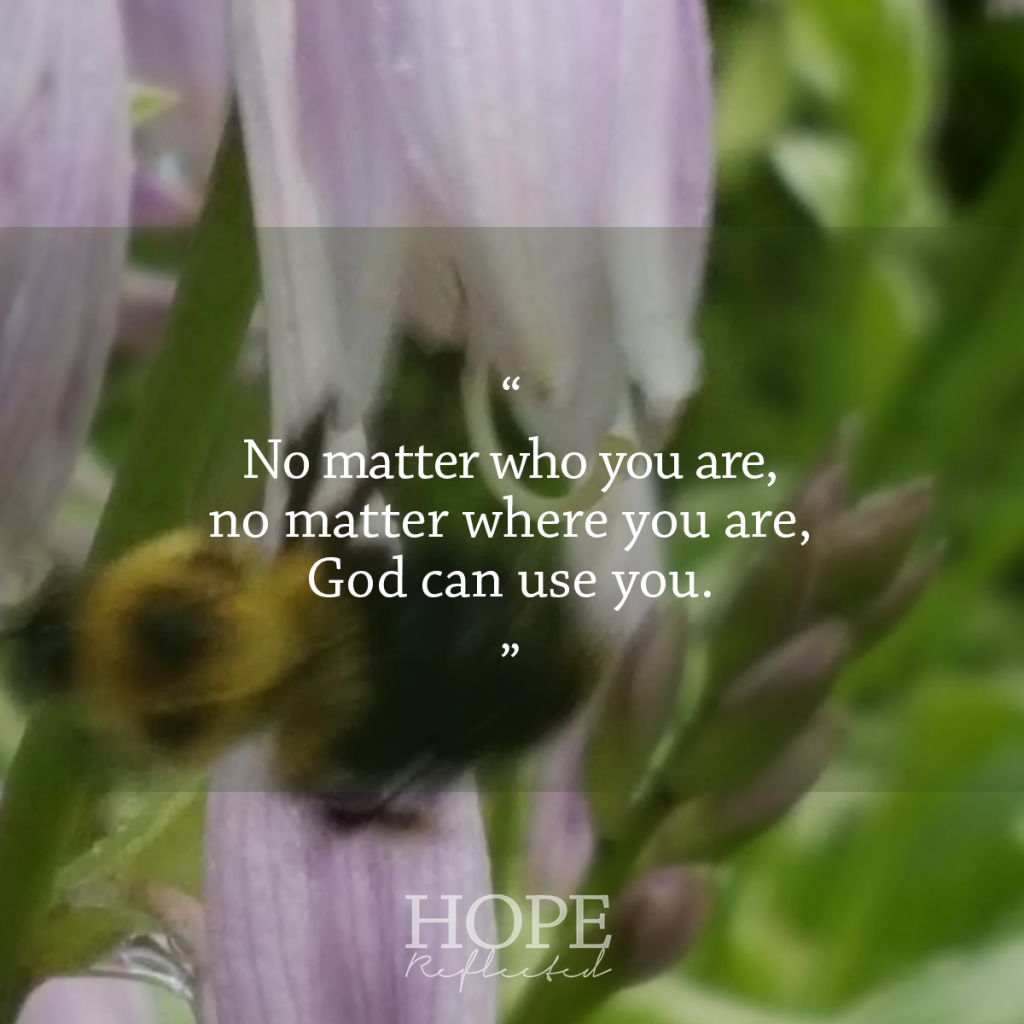

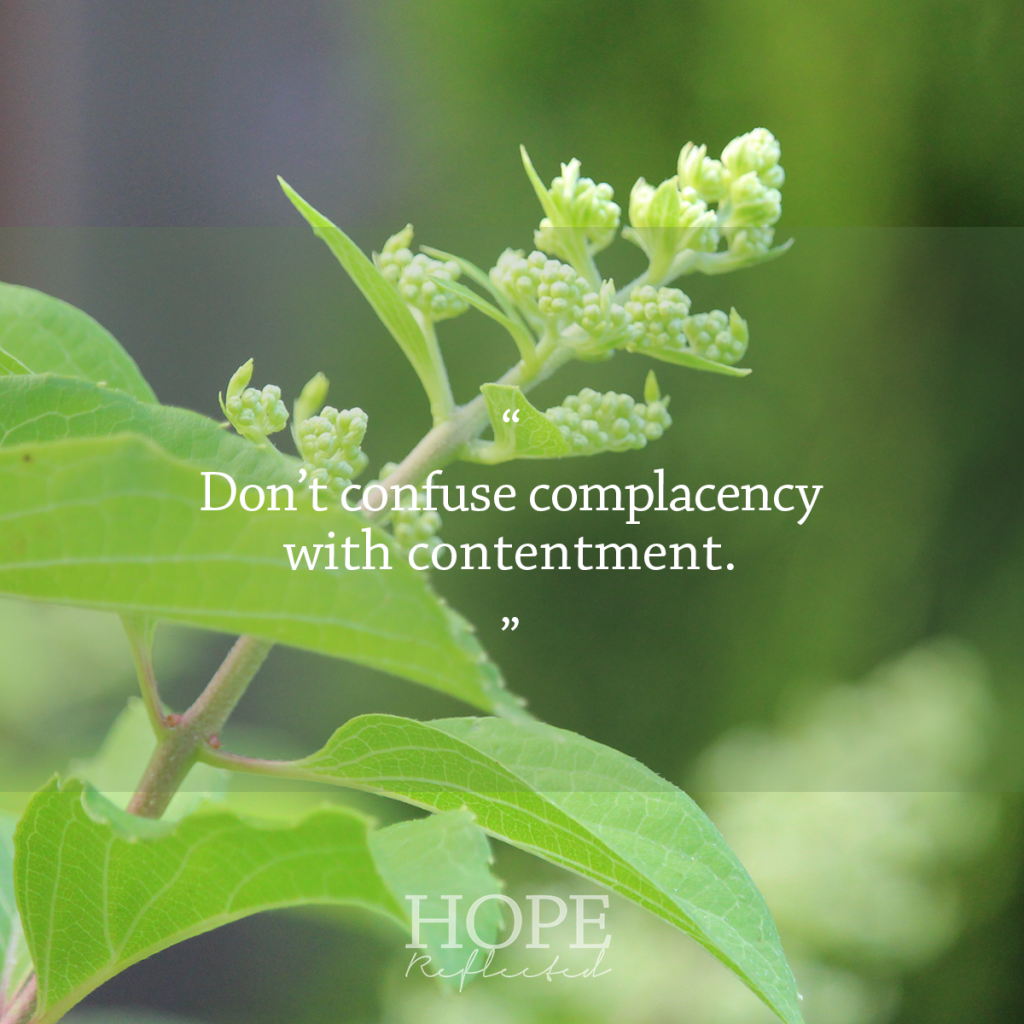
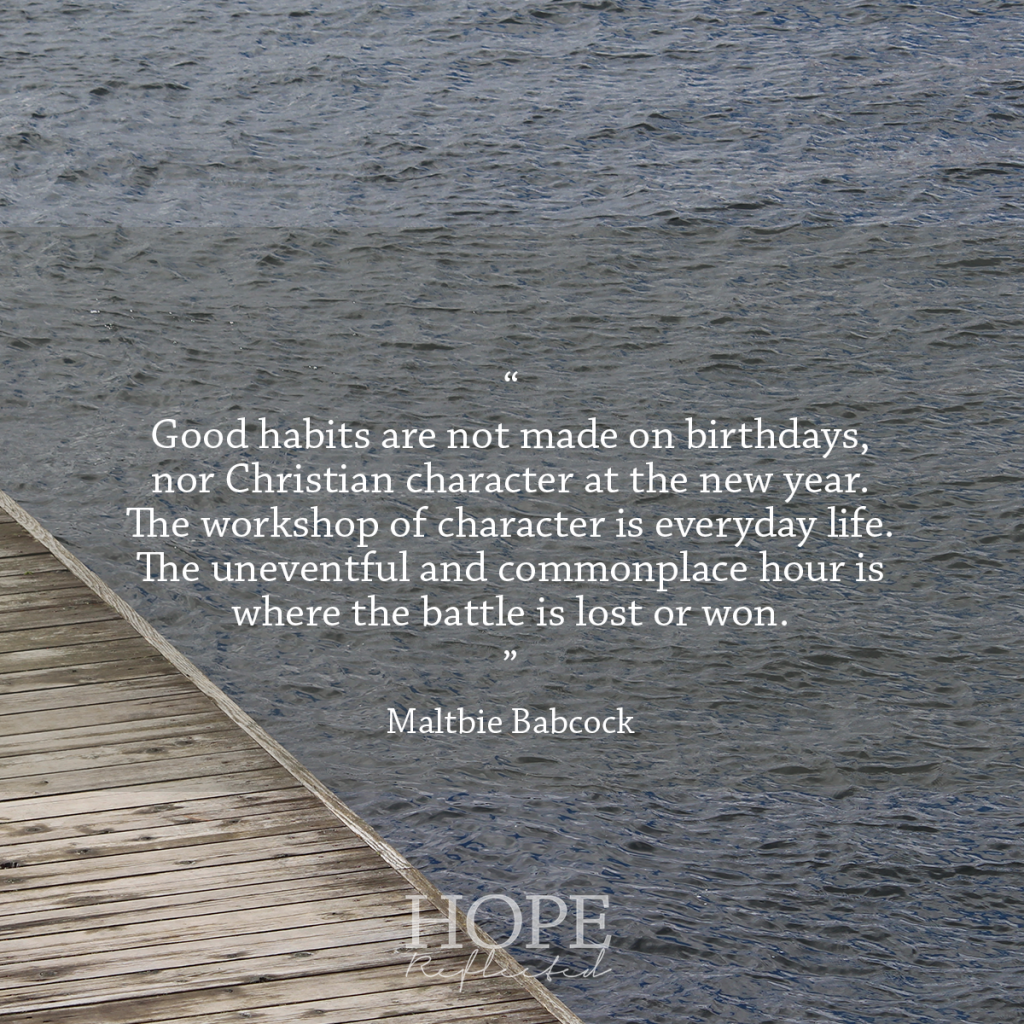


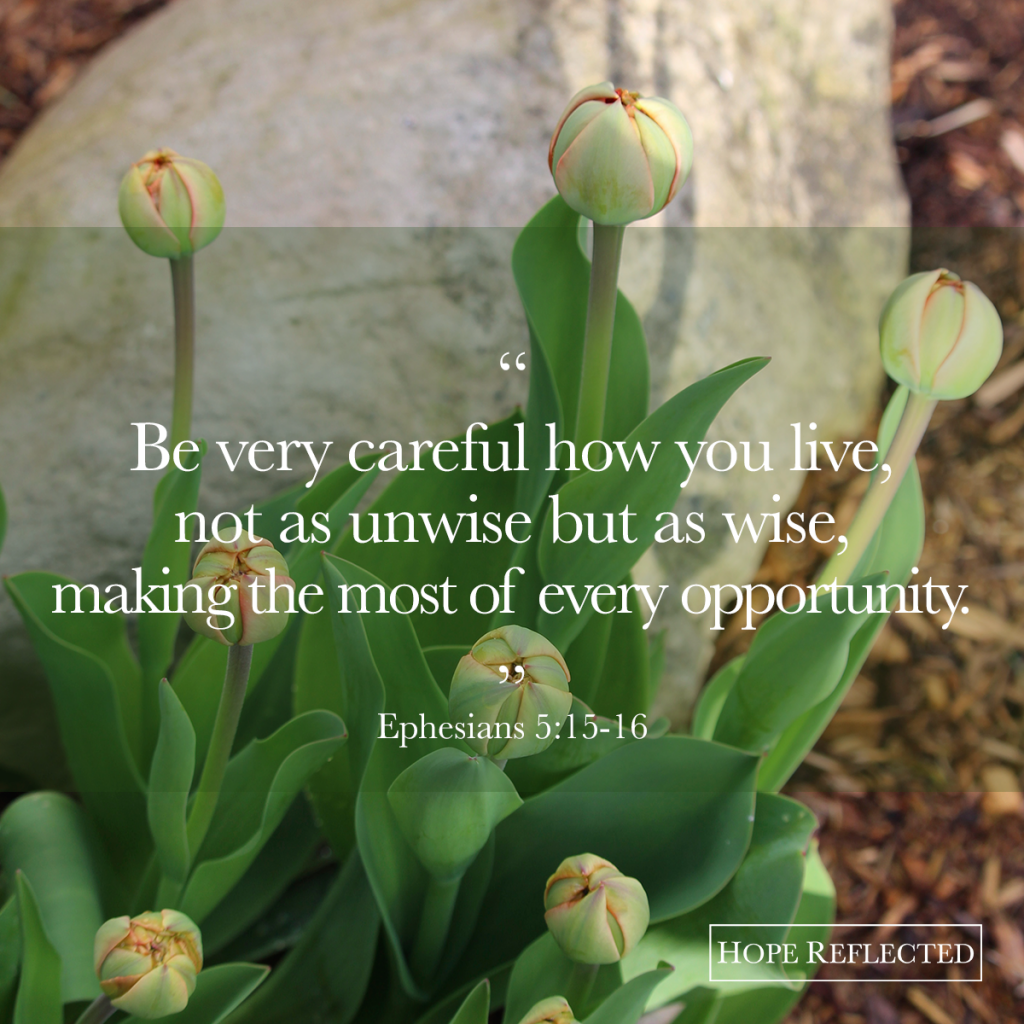

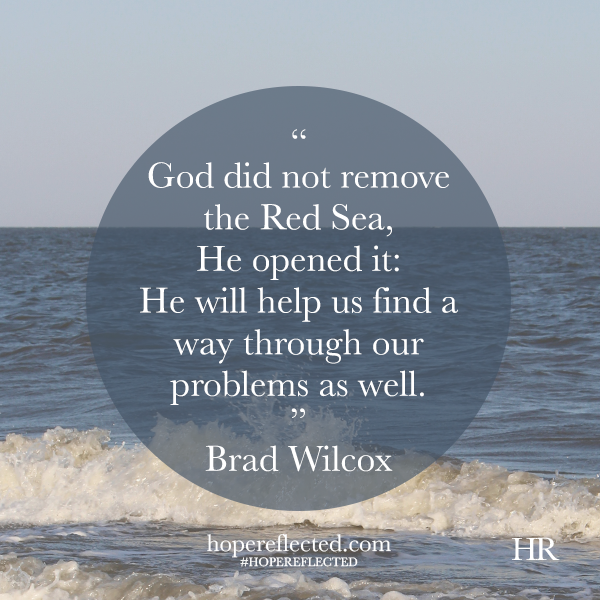


![False friends or counterfeit kindness; whatever you want to call it, the world is filled with people who will say one thing to your face and then another behind your back; people who will woo you in order to get something from you.
It’s sad, but it’s true.
The Bible provides us with examples from Joab to Judas, and yet, we’re surprised when we find ourselves deceived and hurt by someone else.
So what are some of the hallmarks of a true friend?
You can read more about this on hopereflected.com [Link in profile]
.
.
.
#friends #friendship #kindness #counterfeitkindness #hurt #proverbs #truefriends #hopereflected #blog #blogpost](https://www.hopereflected.com/wp-content/plugins/instagram-feed/img/placeholder.png)